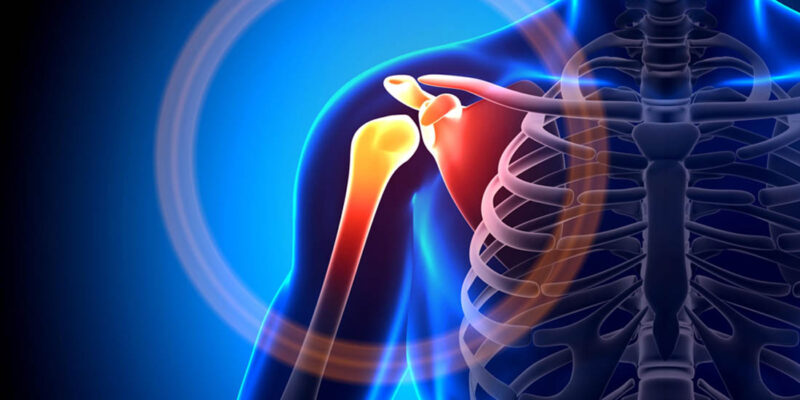
The rotator cuff is a group of muscles and tendons that attach to the shoulder joint. A rotator cuff injury is a tear or strain in one or more of these muscles or tendons. It is typically caused by overuse, repetitive motions, or trauma.
Rehabilitation Strategies for Rotator Cuff Injuries
Rehabilitation is an important part of recovery from a rotator cuff injury. Effective rehabilitation strategies include:
- Physical Therapy: A physical therapist can design a rehabilitation program that includes exercises to improve range of motion, strength, and flexibility in the shoulder joint.
- Rest and Ice: Resting the shoulder and applying ice can help reduce pain and inflammation in the early stages of a rotator cuff injury.
- Anti-Inflammatory Medications: Over-the-counter anti-inflammatory medications, such as ibuprofen or aspirin, can help reduce pain and inflammation.
- Surgical Intervention: In some cases, surgical intervention may be necessary to repair a severe rotator cuff injury.
Exercises for Rotator Cuff Rehabilitation
Physical therapy exercises are an important part of rotator cuff rehabilitation. These may include:
- Range-of-Motion Exercises: These exercises are designed to improve flexibility and mobility in the shoulder joint.
- Strengthening Exercises: These exercises are designed to improve the strength of the rotator cuff muscles, as well as the muscles that support the shoulder joint.
- Stretching Exercises: These exercises are designed to improve flexibility in the shoulder joint and reduce the risk of further injury.
Tips for Rotator Cuff Rehabilitation
Here are some tips to help maximize the effectiveness of rotator cuff rehabilitation:
- Follow Your Physical Therapist’s Instructions: Your physical therapist can provide specific instructions for your rehabilitation program. It is important to follow these instructions closely for the best results.
- Be Patient: Rotator cuff injuries can take time to heal, and progress may be slow. Be patient and stay committed to your rehabilitation program.
- Avoid Overuse: Avoid activities that may aggravate your injury, such as heavy lifting or repetitive motions.
- Maintain Good Posture: Good posture can help reduce strain on the shoulder joint and prevent further injury.
Talk to your healthcare provider about the best rehabilitation program for your individual needs, and stay committed to your program for the best results. By taking an active role in your recovery, you can maximize the effectiveness of rehabilitation and get back to the activities you enjoy.











